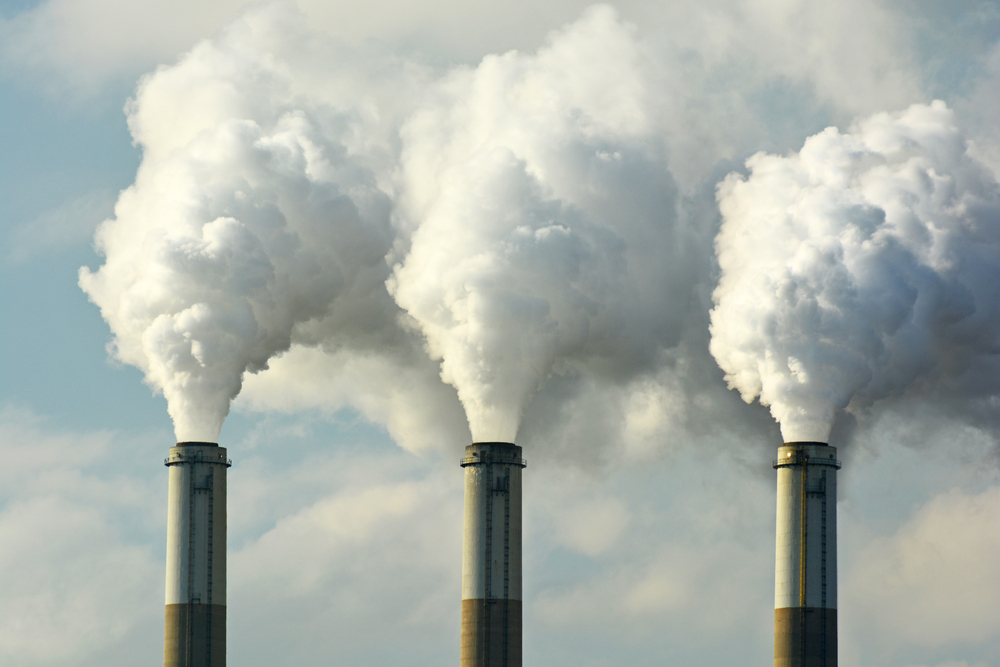
U.S. Rep. John Larson (D-CT) introduced the America Wins Act to the House this week, and through it pushed forward the notion of linking a carbon pollution tax to inflation and investing more than $1 trillion into a mix of infrastructure and clean energy research.
It is an action built on the global climate crisis, as well as fixing a societal infrastructure that has been given a D+ rating by the American Society of Civil Engineers. Larson’s bill proposes major financial changes in the United States to address economic issues concerning infrastructure development.
Foremost among these changes is a tax on carbon pollution, which would begin taxing companies at $52 per ton and would raise costs 6 percent annually above inflation. Larson says this would, consequently, cut greenhouse gas emissions by 52 percent over the next ten years and raise $2.3 trillion in revenue along the way.
“We cannot wait any longer to address our global climate crisis,” Larson said. “The America Wins Act would reduce greenhouse gas emissions above and beyond our Paris Climate Accords commitments while funding historic investments in rebuilding America’s infrastructure and combatting climate change. Over ten years, over $1 trillion would be invested in all types of needed infrastructure from transportation to clean water, while also dedicating significant funding to clean energy and climate change-related programs, and supporting climate justice through assistance to frontline and carbon-reliant communities. It’s time that we make our goals a reality and save our planet.”
The bill proposes an investment of $1.2 trillion into such infrastructure, which includes but is not limited to $610 billion for existing federal highway programs, $66 billion for railway infrastructure, $5 billion for airports and aviation, $71 billion for sewer systems and drinking water, and $40 billion for broadband deployment, among others.
The America Wins Act looks beyond infrastructure as well and seeks to change the nature of the country’s energy gathering. It would invest $44 billion into clean energy and climate research, through agencies like the Advanced Research Projects Agency-Energy and the U.S. Department of Agriculture. It also provides $70 billion in funding for climate justice initiatives, such as retraining workers in communities traditionally dependent on coal, reclaiming mines and economic development.
Meanwhile, the bill provides funding for consumer relief linked to these changes and proposes measures to guarantee the changing U.S. industry would not be subsequently disadvantaged by foreign competition.